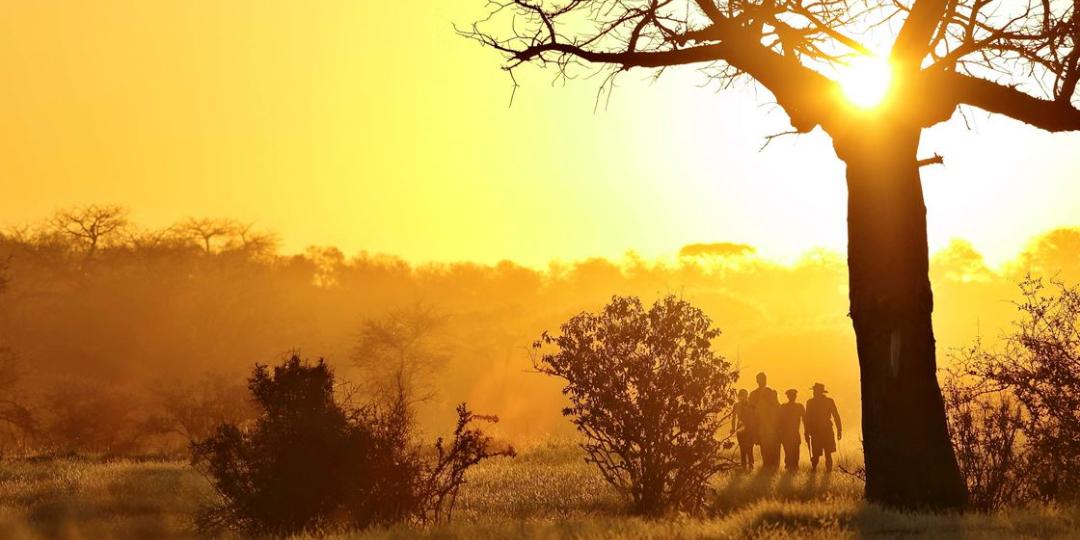The African Travel and Tourism Association’s (ATTA ) latest snapshot survey for June shows that some recovery on the continent may have started, despite the situation in the industry still being dismal.
ATTA has compiled monthly ‘snapshots’ from the perspective of accommodation providers, DMCs and tour operators to gain insight into what is happening within the broader African travel and tourism industry. Participants in the June survey included tour operators, travel agents, accommodation establishments, DMCs and private guides from 31 countries around the world.
- Accommodation establishments are reopening
June is typically the start of the peak safari season in Africa and it is encouraging to note in the results of this month’s survey that 84% of accommodation establishment respondents have now reopened their doors. This is the highest number of accommodation reopenings reported in the survey so far.
- Occupancy levels remain low
Occupancy levels, however, remained low in June with the majority of accommodation establishments reporting occupancies of between 20% and 40%. No respondents reported occupancy levels over 80% during the month and only 3% reported occupancy levels of 60%; 38% of overall respondents reported occupancies ranging between zero and 20%.
- Most bookings are still domestic
According to the survey, the vast majority of bookings into Africa are still generated by direct domestic clients. However, in comparison to snapshots from previous months, there was a notable 18% increase in international direct bookings during June. The percentage of OTA bookings has also been rising and grew by 11% in June compared with May 2021 figures.
- Increase in bookings from the US
The survey noted a marked increase in US arrivals to Africa, and the UAE moved into the top-five source markets for African accommodation establishments this month following easing in travel restrictions in this region. Accommodation suppliers also listed domestic travellers, Russian and Swiss nationals as top source markets. Surveyed tour operators and travel agents reported that their enquiries for Africa still mostly originated from the US, Continental Europe and the UK, while DMCs reported that the majority of their enquiries during June had originated from the US, Switzerland and Germany.
- New source markets
DMCs indicated that they were starting to receive enquiries from new source markets, most notably from Swiss, Russian, Eastern European, Mexican and South African travellers. “While these markets are demonstrating a strong appetite to travel the enquiries do not always generate into bookings,” said ATTA .
- Tour operators, agents and DMCs continue to feel the impact
The survey highlighted the ongoing impact of the pandemic on tour operator, travel agent and DMC revenue, with 44% of tour operators and travel agents saying they had not had any clients travelling during June; 37% of DMC respondents also said they had not had any clients travelling during. However, these figures were an improvement from earlier in the year when 64% of tour operators reported not having any clients travelling during January.
- Short lead times
Bookings continue to have short lead times, with accommodation establishments indicating that the majority of bookings were still being made within a month of travel, especially for domestic bookings. While the average length of stay for a trip to Africa has remained the same, some properties are reporting that clients are showing interest in longer stays.
Travel agents and tour operators report receiving enquiries with slightly longer lead times, with 47% reporting that enquiries were coming in two to four months before travel. Only 13% of tour operator and travel agent enquiries were for travel more than a year ahead of the enquiry.
- Low staff levels
Staff levels remain low in the industry with 43% of DMCs and 34% of tour operators reporting that they are operating with less than 20% of their usual staff complement.
The industry is still dealing with high levels of booking postponements due to changing travel restrictions. All subsectors of the industry are also still indicating that a large percentage of their future booking pipeline originated from bookings that were initially postponed in 2020.























